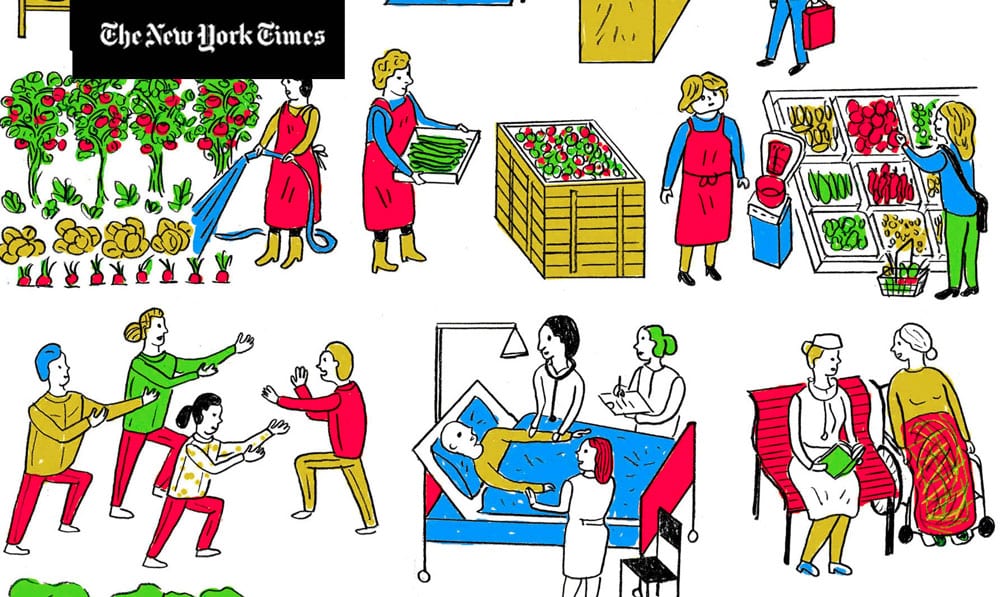Let’s be less productive—Restoring the Value of Care
The challenges facing the world and the UK today are unprecedented. A global health emergency, a global climate crisis; and a catastrophic loss of biodiversity, are undermining the basis for future prosperity in the UK and across the world. This article, written for The New York Times in 2012, speaks to the theme of restoring the value of decent work to its rightful place at the heart of society.
Has the pursuit of labor productivity reached its limit?
Productivity—the amount of output delivered per hour of work in the economy—is often viewed as the engine of progress in modern capitalist economies. Output is everything. Time is money. The quest for increased productivity occupies reams of academic literature and haunts the waking hours of C.E.O.’s and finance ministers. Perhaps forgivably so: our ability to generate more output with fewer people has lifted our lives out of drudgery and delivered us a cornucopia of material wealth.
But the relentless drive for productivity may also have some natural limits. Ever-increasing productivity means that if our economies don’t continue to expand, we risk putting people out of work. If more is possible each passing year with each working hour, then either output has to increase or else there is less work to go around. Like it or not, we find ourselves hooked on growth.
What, then, should happen when, for one reason or another, growth just isn’t to be had anymore? Maybe it’s a financial crisis. Or rising prices for resources like oil. Or the need to rein in growth for the damage it’s inflicting on the planet: climate change, deforestation, the loss of biodiversity. Maybe it’s any of the reasons growth can no longer be safely and easily assumed in any of today’s economies. The result is the same. Increasing productivity threatens full employment.
. . .




